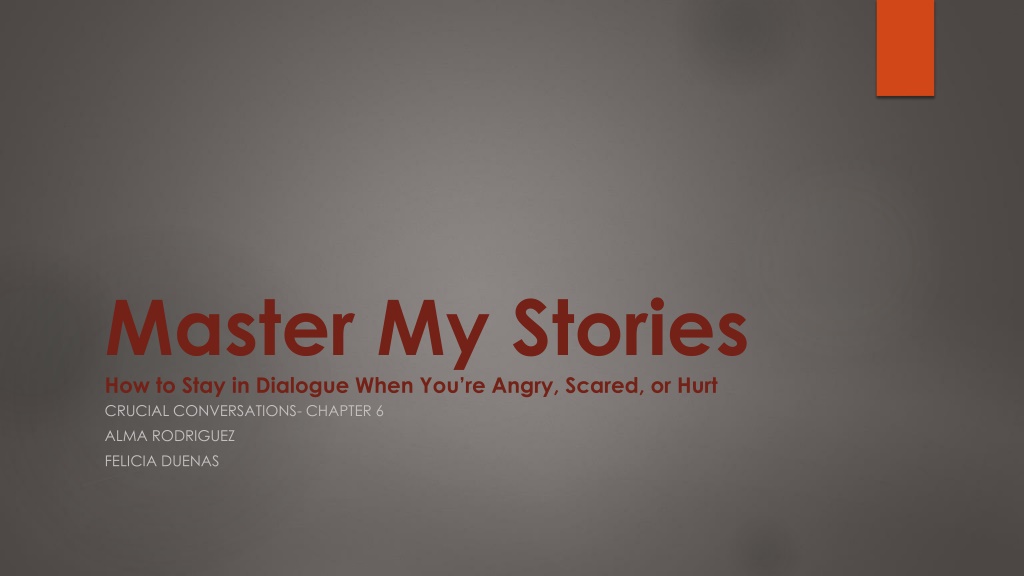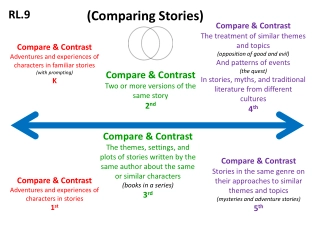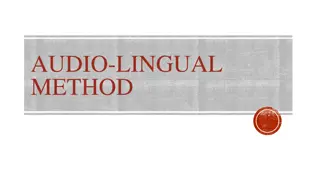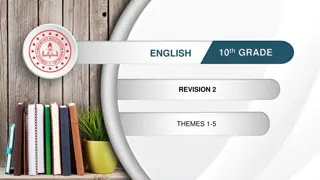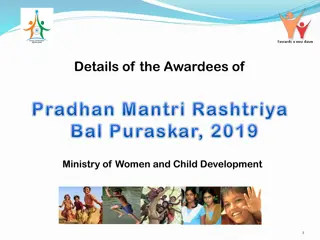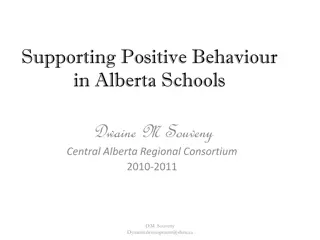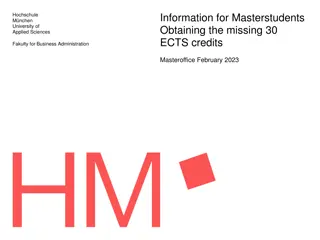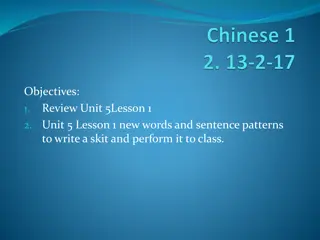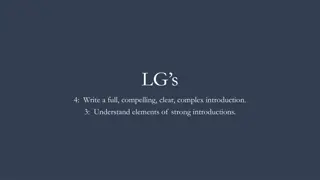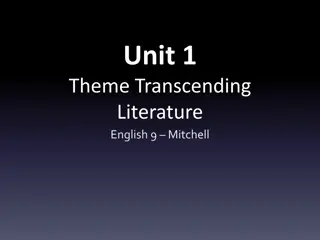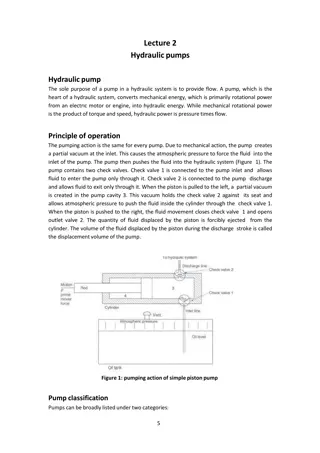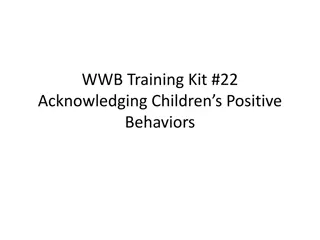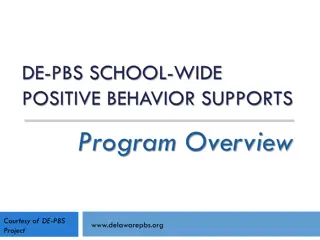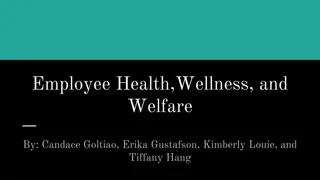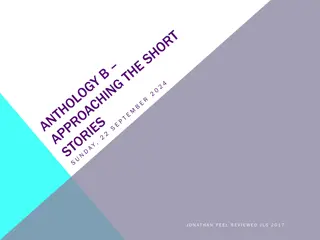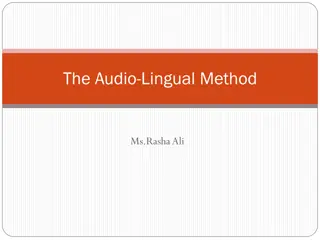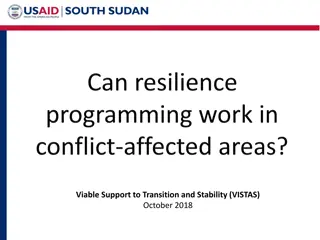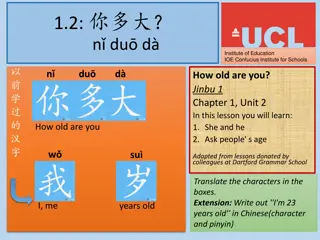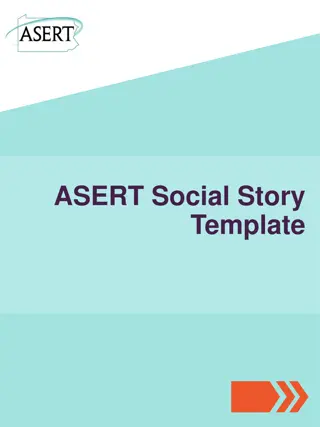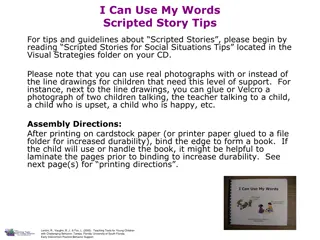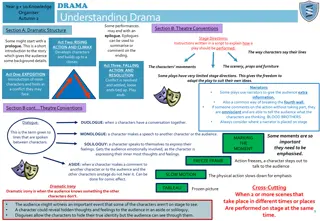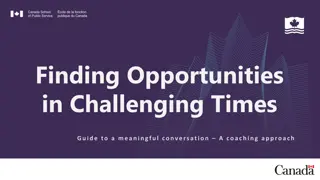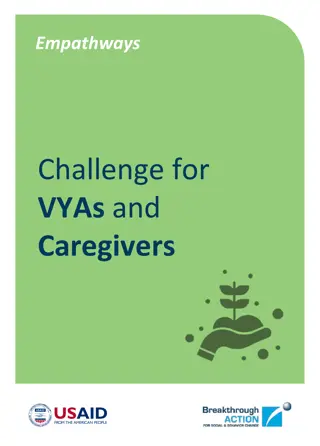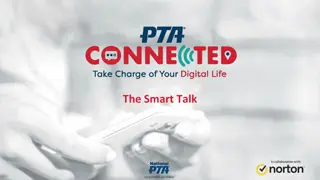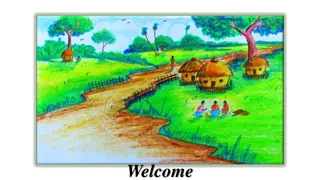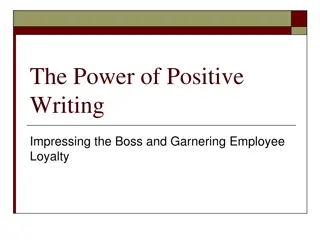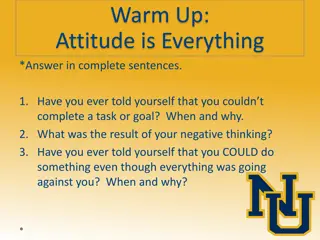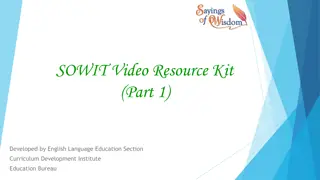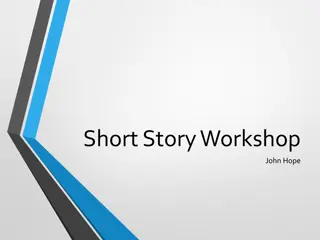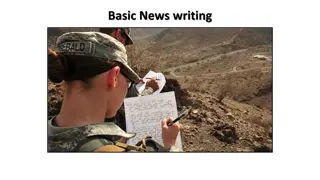Master Your Stories: Strategies for Engaging in Positive Dialogues
Explore the concept of mastering your stories to effectively communicate when experiencing negative emotions. Learn to recognize your role in conflicts, analyze your emotional triggers, and separate facts from assumptions to navigate crucial conversations successfully. Discover techniques to slow down, retrace your path, and tell the complete story for better outcomes.
Download Presentation

Please find below an Image/Link to download the presentation.
The content on the website is provided AS IS for your information and personal use only. It may not be sold, licensed, or shared on other websites without obtaining consent from the author. Download presentation by click this link. If you encounter any issues during the download, it is possible that the publisher has removed the file from their server.
E N D
Presentation Transcript
Master My Stories How to Stay in Dialogue When You re Angry, Scared, or Hurt CRUCIAL CONVERSATIONS- CHAPTER 6 ALMA RODRIGUEZ FELICIA DUENAS
Emotions DONT Just Happen! Claim 1: Emotions do not just settle like a fog Others don t make you mad - YOU make you mad! Claim 2: Once you ve created your upset emotions, you: Act on them Can be acted on by them
Tell A Story https://prezi.com/2rxrugxuijxi/crucial- conversations-chapter-6/ Crucial Conversations - Chapter 6 Katherine LaChance January 24, 2016
hurt worried FEEL silence cheap shots ACT
Stories Stories are theories, we use to explain why, how, and what is happening to us SEE & HEAR STORY TELL A FEEL ACT Nothing in this world is good or bad, but thinking makes it so. William Shakespeare
Mastering Our Stories SLOW DOWN!! Retrace Your Path Retrace Your Path
Notice your behavior Ask: Am I in some form of silence or violence? ACT Get in touch with your feelings What emotions are encouraging me to act this way? FEEL Analyze your stories What story is creating these emotions? TELL STORY Get back to the facts What evidence do I have to support this story? SEE/HEAR
Three Clever Stories Victim Stories- It s Not My Fault Intentionally ignore the role that you have played in the problem Villain Stories- It s All Your Fault We over emphasize the other persons guilt or stupidity Labeling Helpless Stories- There s Nothing Else I Can Do Often stem from Villain Stories, because we turn others behavior into fixed and unchangeable traits
Tell the REST of the Story!! Am I pretending not to notice my role in the problem Why would a reasonable, rationale, and decent person do what this person is doing? What do I really want for me, for others, for the relationship? What would I do right now if I wanted these results?
